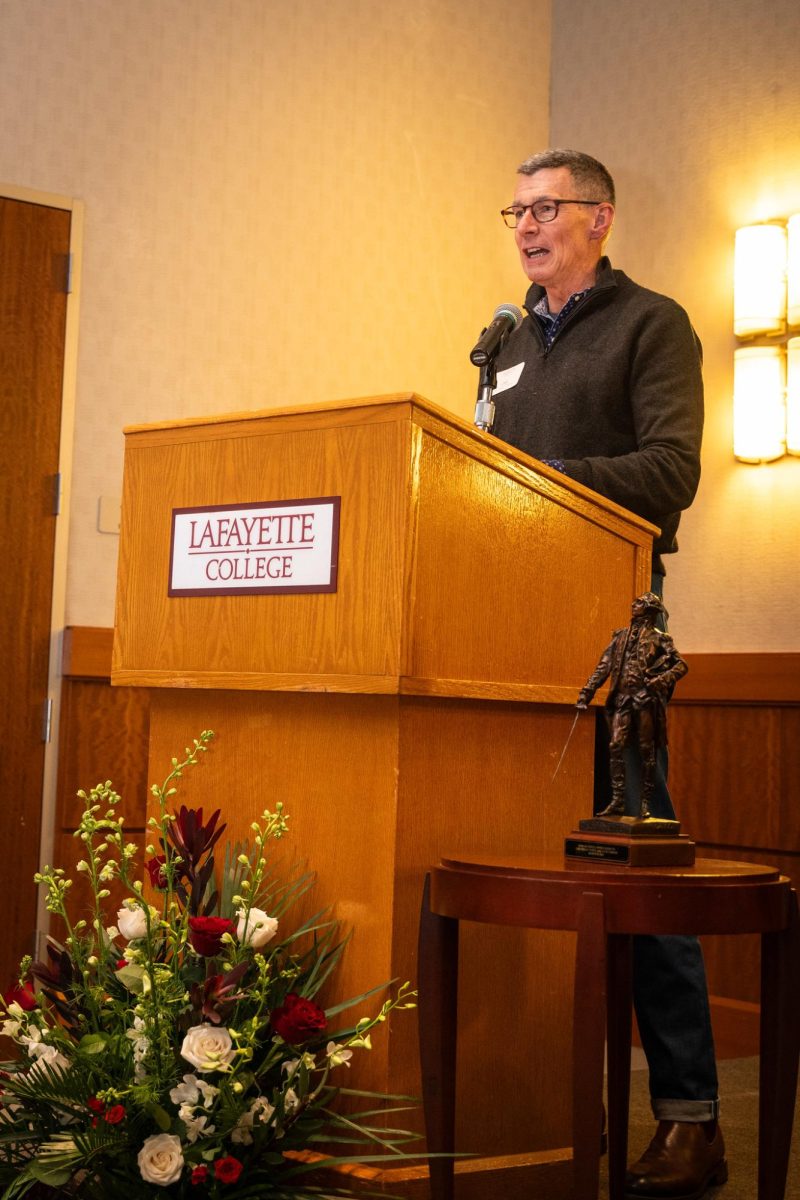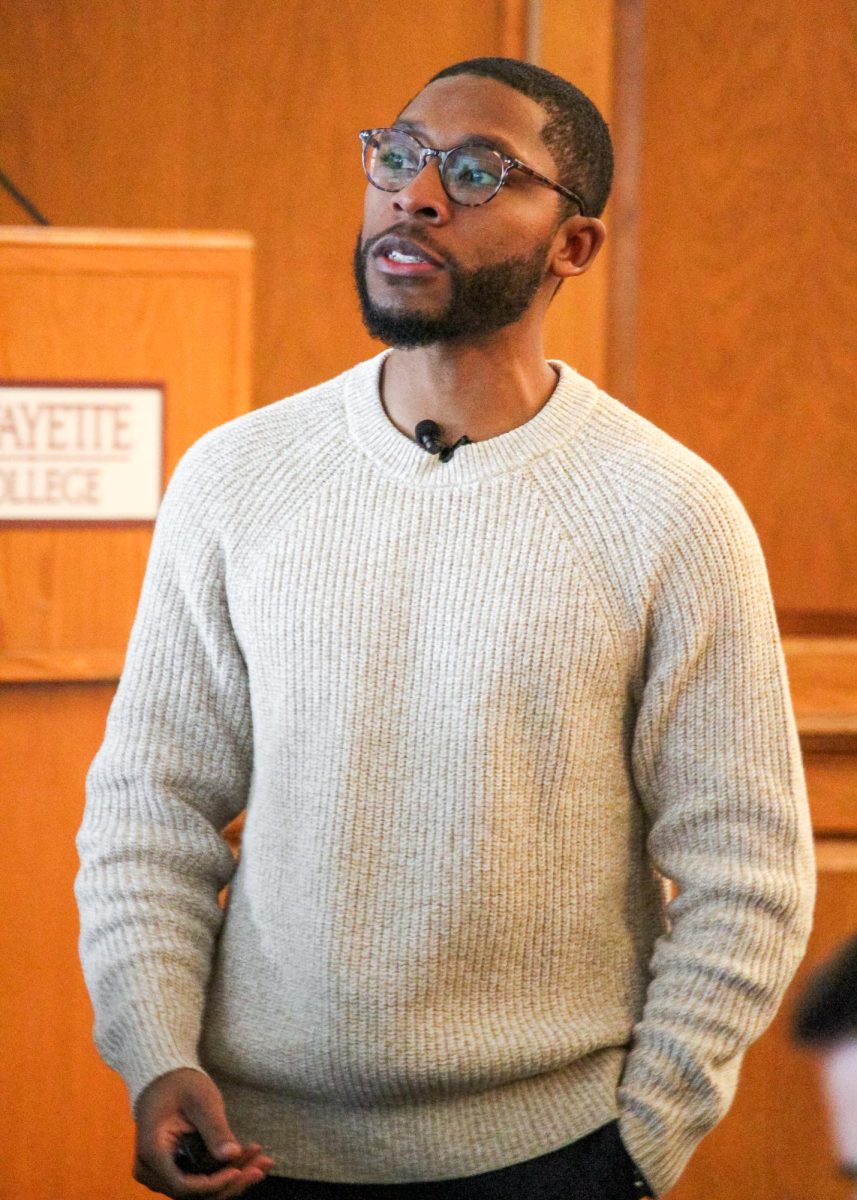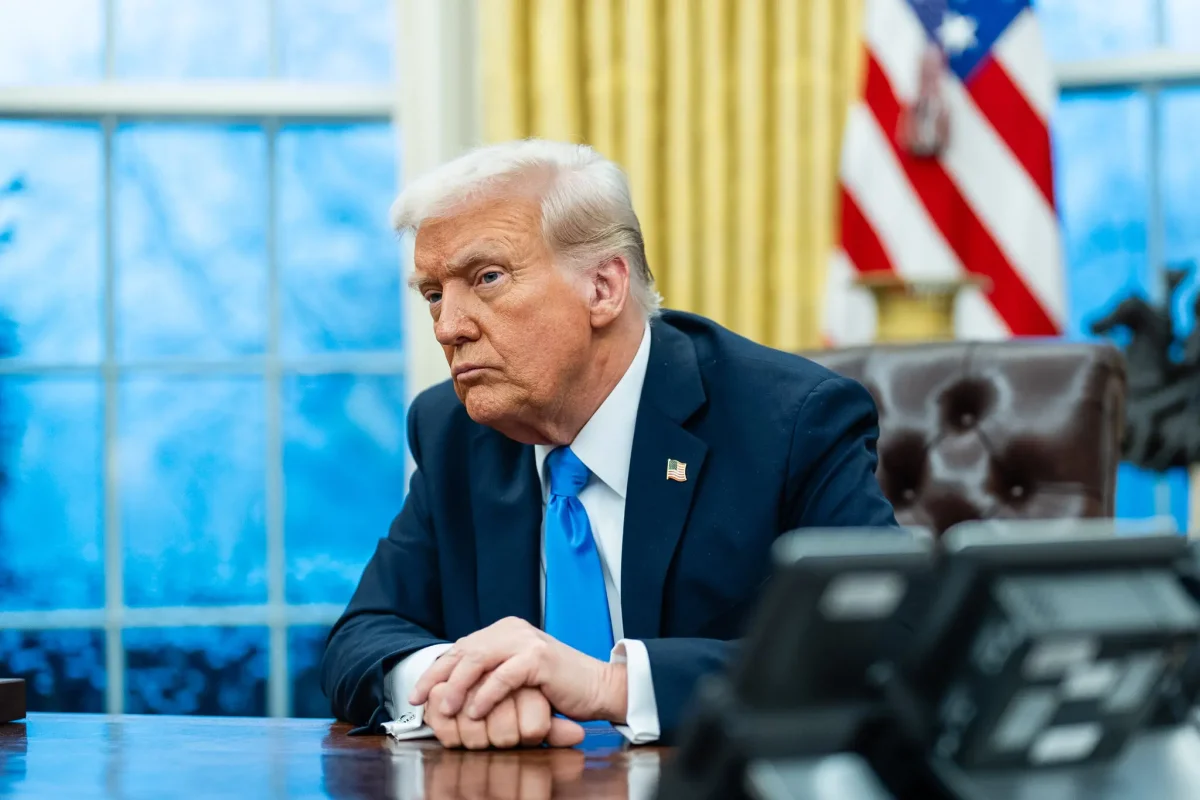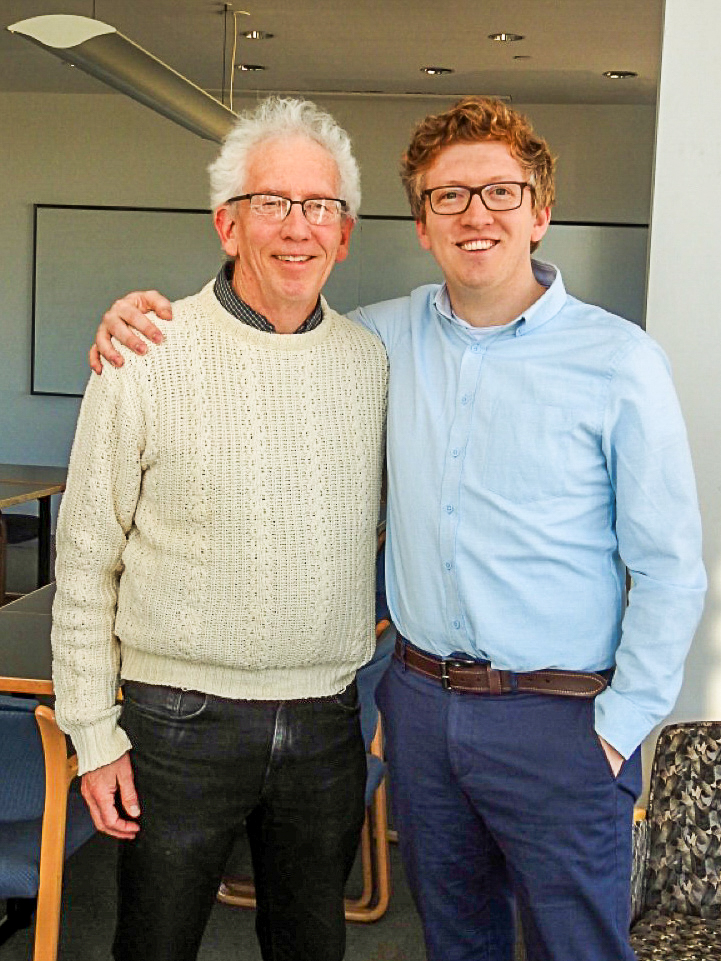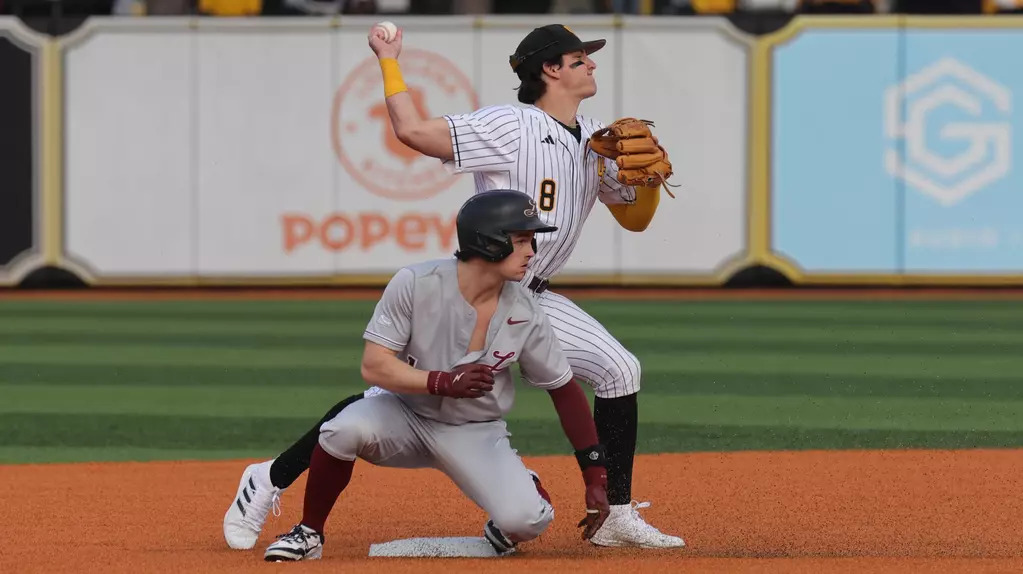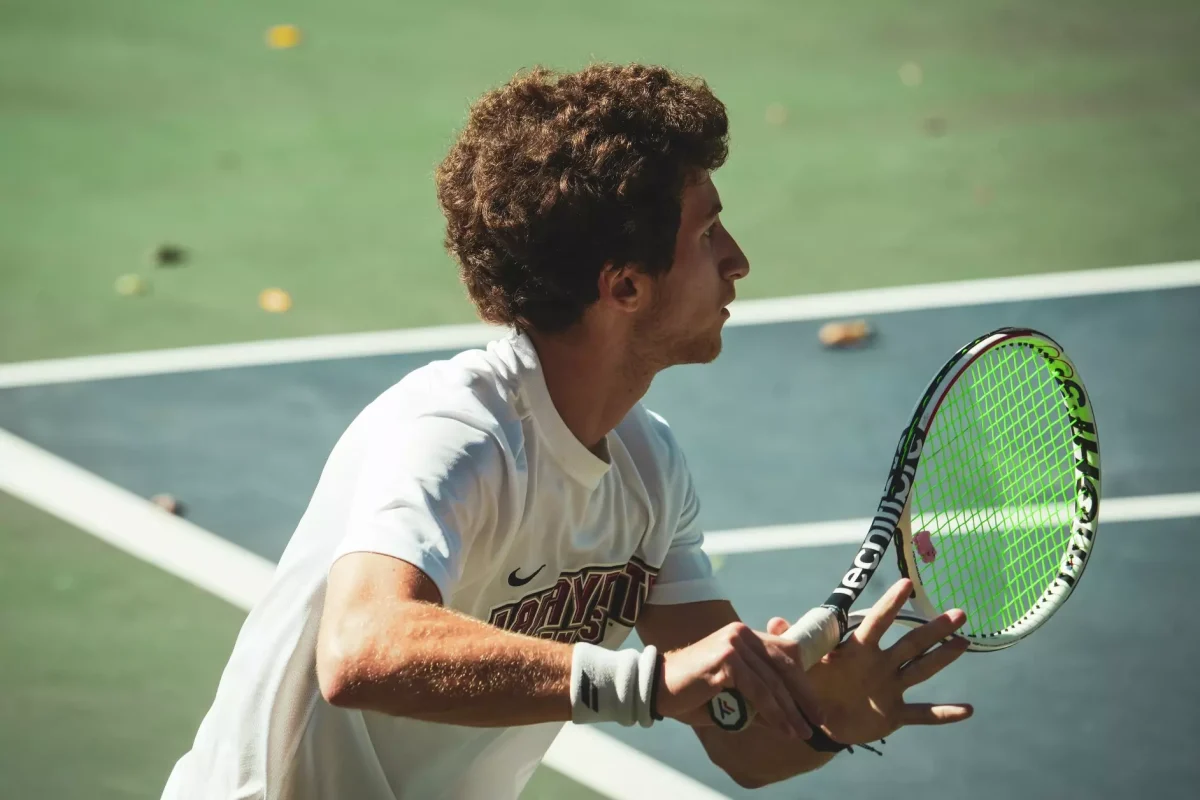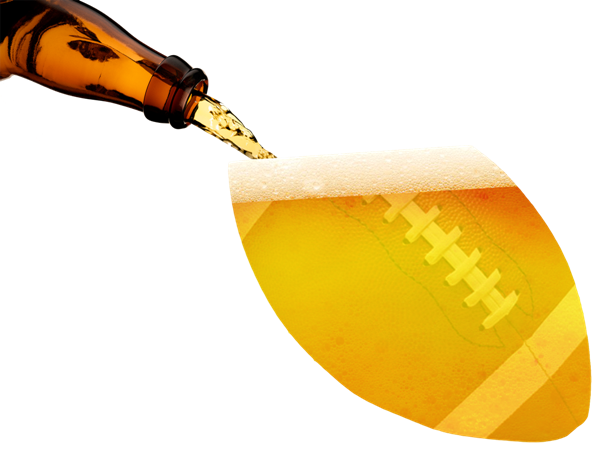Bruce McCutcheon and the Athletic Department announced revisions to the controversial alcohol and drug sanctions on Monday night, as reported by The Lafayette.
Graphic by Aaron Levenson ‘15 | The Lafayette
Changes to the policies include the re-implementation of the Good Samaritan policy for student athletes and less harsh sanctions for previous offenders.
The initial policy was announced on Thursday, Sept. 5 and the campus community responded with outrage.
“It was an initial shock wave, that was for sure,” Football Head Coach Frank Tavani said. “I thought it was well-intentioned as nothing was working before.”
The new policy went through over two weeks of deliberation and 12-13 drafts.
“We are thankful for the input provided by Brendon Gover ‘14, Lindsay Yang ‘14, and Tim Shaw ‘14, who represented the senior class,” McCutcheon said in his message to student-athletes. “The class…provided important feedback and recommendations, many of which were incorporated into the policy revision.”
The previous iteration of the policy introduced penalties that effectively nullified the Good Samaritan policy. It had also enacted a severe two-strike penalty for offenders, including a two-week suspension for first time offenses and a 365-day suspension plus loss of athletic-based financial aid for an individual’s second offense. The retroactive aspect of the policy had student athletes particularly upset.
In addition to re-implementing the Good Samaritan policy, the revisions also include more lenient three-strike penalties. First-level violators receive a suspension equivalent to 20 percent of their championship season, second-level violators lose 40 percent of their championship season, and third-level offenders are suspended for 365 days and lose any athletically related financial aid.
“Personally, it’s more than I hoped for,” Student Government President Michael Prisco ‘14 said. Prisco participated in the discussions with the senior athlete representatives. “We gained 75 percent of what we hoped for. We were able to reach a solution that was beneficial for both parties.”
The conflict with the retroactive aspect of the policy was not fully resolved, however. The policy now reads: “The prior conduct of a student-athlete will be taken in [sic] account when determining appropriate sanctions for violations of the Policy.”
Student-athletes hope for further clarification on prior offenders, but overall seem more accepting of the new policy.
“After meeting with the senior class athletes and reviewing the revised policy, a poll was taken and the majority of teams support the new policy pending clarification on the final section pertaining to the ‘Effective Date,’” Shaw said on Monday night.
The return of the Good Samaritan policy came as a huge relief to all. Tavani detailed a story in which he rushed to the hospital to wait with one of his athletes who was on a respirator for more than five hours after a night full of high-risk drinking. The athlete’s parents drove from three hours out not knowing if their son was going to live. The Good Samaritan policy was used that evening and most likely saved that athlete’s life.
Since the policy was announced on September 5, there have been three straight weekends with no hospital transports.
“Say what you want, a message was sent,” Tavani said. “People were talking about it. Everyone was concerned. I get a positive sense of some more responsibility.”
Prisco spoke on behalf of the students when he said something had to be done, in a harsh manner or not.
“Everyone realized the old policy did not work,” Prisco said. “I think this campus in general has a serious drinking problem. Yes, something definitely needed to be done and I think this is a fantastic change from what it was.”





















